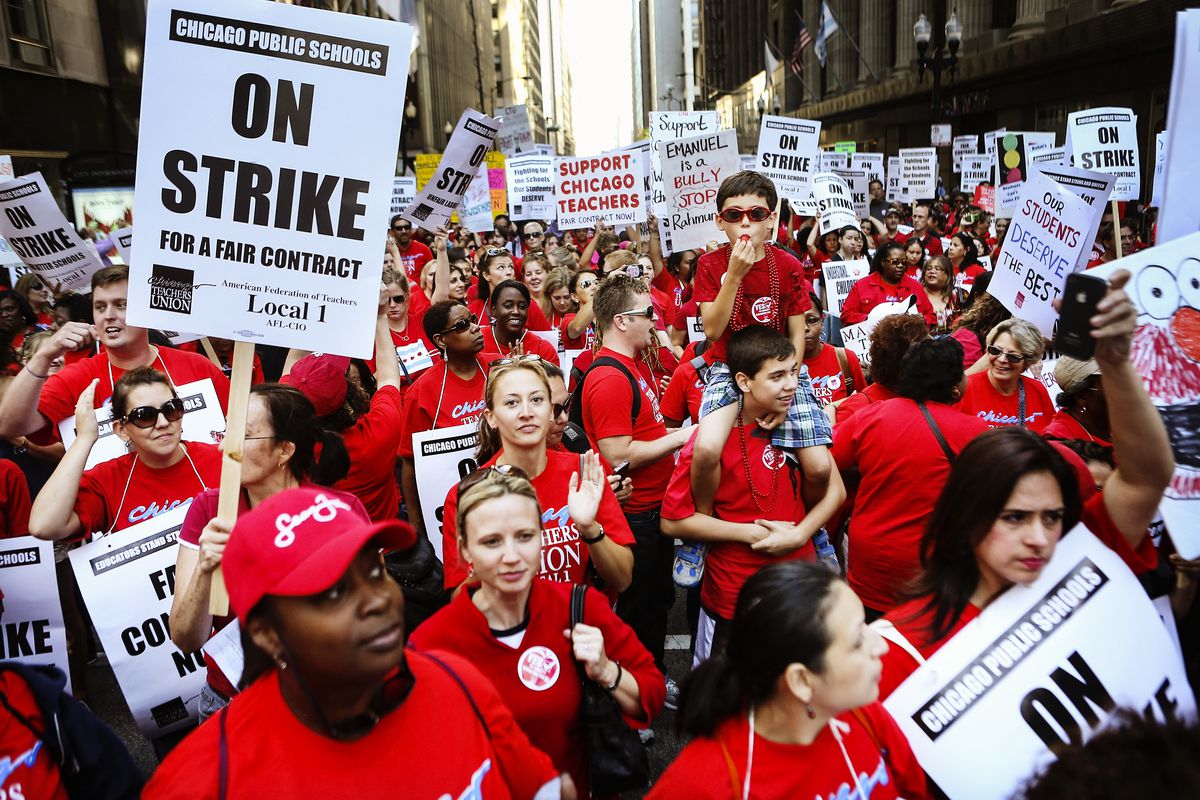Firefighters in England, Scotland, Wales and Northern Ireland have decided to go on strike demanding wage hikes.
Teachers union members demand wage increase under banner ‘Education is in crisis’
Firefighters in England, Scotland, Wales and Northern Ireland have decided to go on strike demanding wage hikes.
On the other hand, teachers who did not get results from their negotiations with the government will go on strike in England and Wales.
Due to high inflation and melting in wages, strike actions have been going on for a while demanding wage increase in many sectors in the country, especially railway, postal, health and public employees.
In the strike vote of the members of the Teachers’ Union (NEU), a strike decision was taken by a large majority and it was announced that there would be a strike on seven different dates, the first of which was on February 1.
NEU co-chairs Mary Bouster and Kevin Courtney said the government “doesn’t want to seriously address the issues that led to the strike”, saying the decline in real wages is causing teachers to leave the profession.
Teachers state that there has been an 11 percent loss in real wages since 2010, and they demand wage increases above the inflation rate.
In 2022, there was a 5 percent wage increase in England and Wales. Inflation, on the other hand, exceeded 11 percent in October, reaching the highest level in 41 years.
More than 100,000 teachers are expected to take part in the strike, which will take place on Wednesday, February 1 in England and Wales alone.
University staff, public servants and train drivers will also be on strike Wednesday.
The teachers’ union plans UK-wide actions for later.
In Scotland, a 16-day strike plan, some in succession, has been implemented.
In the firefighters union’s (FBU) vote last month, 88 percent of the members voted for a strike.
The government said the threat of strikes was “disappointing and alarming to the public.
The union said it would wait for negotiations with employers before announcing strike dates.
The union expects a better wage offer to be made on February 8, when it will meet with authorized public institutions.
The FBU notes that since 2010, its members’ real wages have fallen by 12 percent, and that about one in five firefighters has lost their job.
If the strike order is implemented, it will be the first time firefighters have gone on strike across the UK in 20 years for a pay increase.
FBU chief Matt Wrack said firefighters, who had been under constant attack over wages for over a decade, were forced to take action and said the government could stop the strike if it came with a reasonable offer.
Firefighters rejected the 5 percent wage increase proposal made in November, saying that this meant lower real wages given the inflation rate, which was 10.7 percent at the time.
The average annual wage for a firefighter working in London is around £37,000.

